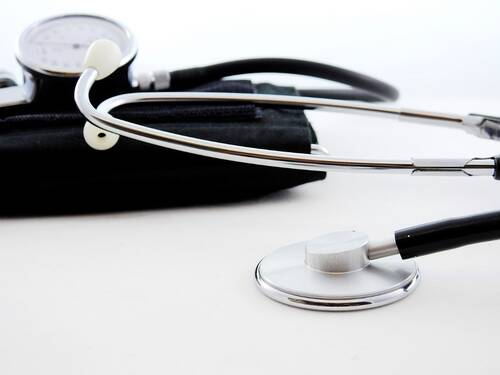
18 Mar E. Coli: Causes, Symptoms, Treatments, and Legal Options
Escherichia coli (E. coli) is a bacterium often found in humans and animals’ intestines. Some strains can cause severe illness, while most are harmless. Contaminated food, water, and person-to-person contact are the most frequent sources of infection.
In a thriving coastal city like San Diego, where fresh produce and seafood are widely consumed, outbreaks can pose a significant public health concern. Restaurants, grocery stores, and food suppliers must adhere to strict health regulations to prevent contamination.
When an outbreak occurs, those affected may seek legal recourse. An award-winning San Diego E. coli lawyer helps victims navigate legal complexities, ensuring they receive compensation for medical expenses, lost wages, and suffering.
Causes of E. Coli Infections
Undercooked beef and other meats are the most common sources of infection. Raw produce, unpasteurized dairy products, and contaminated water are also sources of outbreaks. Fecal matter from infected farm animals can pollute the environment, leading to widespread food contamination.
Person-to-person contact is another significant cause of E. coli infections. The bacteria can be transmitted through unsanitary practices, such as not washing hands after going to the bathroom or changing diapers.
Symptoms of E. Coli Infections
Symptoms usually appear within 3-4 days after exposure and may include:
- Abdominal pain and cramps
- Diarrhea (may be bloody)
- Nausea and vomiting
- Fatigue
- Fever
Sometimes, E. coli infections can lead to more severe complications, including hemolytic uremic syndrome (HUS). This life-threatening condition damages red blood cells, leading to kidney failure.
Tests for E. Coli Infections
If a healthcare provider suspects an E. coli infection, they will typically order stool tests and may also check urine or blood for the presence of the bacteria. A spinal tap may be necessary if there are signs of meningitis or other neurological symptoms.
Treatment Options for E. Coli Infections
Treatment for E. coli infections depends on the severity of symptoms and type of infection. For mild cases, the infection will typically resolve on its own within a week. It’s essential to stay hydrated and rest during this time.
In severe cases, hospitalization may be necessary. Treatment may include fluids for dehydration, electrolyte replacement, and possibly antibiotics if there is a risk of complications like HUS.
Another important aspect of treatment is avoiding certain medications that can worsen symptoms or increase the risk of developing HUS. These include antidiarrheal medicines and antibiotics (unless prescribed by a healthcare provider).
Legal Options for Affected Individuals
Victims of E. coli infections may have legal grounds to file a claim if negligence contributed to their illness. Lawyers specializing in foodborne illness cases investigate outbreaks, track down responsible parties, and seek compensation for damages. Liability may extend to restaurants, food manufacturers, or agricultural suppliers failing to follow safety protocols.
Bottom Line
E. coli infections can be severe and even life-threatening in some cases. Taking precautions to prevent illness is crucial, such as thoroughly cooking meats and washing hands regularly. If you or a loved one has been affected by an E. coli outbreak, seeking legal assistance may help you receive the compensation you deserve and hold responsible parties accountable.
Stay informed and stay safe! Remember, prevention is always better than cure.
More information:
The information on MedicalResearch.com is provided for educational purposes only, and is in no way intended to diagnose, cure, or treat any medical or other condition.
Some links are sponsored. Pro . ducts, providers and services are not warranted or endorsed.
Always seek the advice of your physician or other qualified health and ask your doctor any questions you may have regarding a medical condition. In addition to all other limitations and disclaimers in this agreement, service provider and its third-party providers disclaim any liability or loss in connection with the content provided on this website.
Last Updated on March 18, 2025 by Marie Benz MD FAAD
